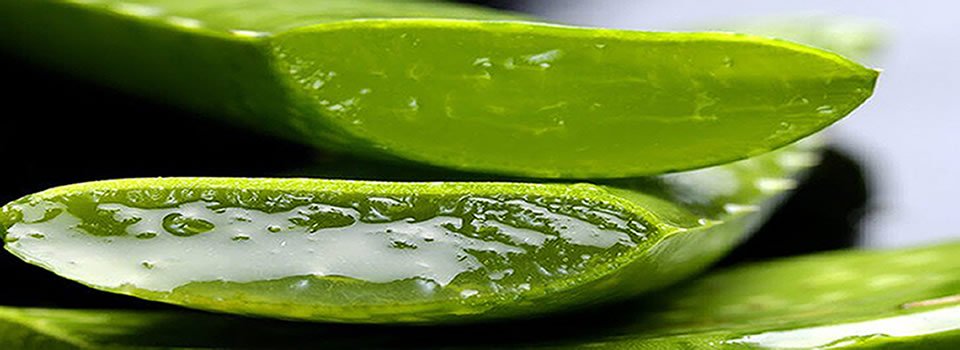Why Egyptians Called It Aloe Vera The Plant Of Immortality
 Known to the Egyptians as the plant of immortality and to Native Americans as the wand of heaven, aloe vera comes with a wide array of amazing healing properties — some of which you may already be aware. You might even have your own aloe vera plant in your home for those small emergencies like scrapes, cuts, and burns, but did you know that aloe vera is not only limited to topical use and is actually even more beneficial to your body when taken internally?
Known to the Egyptians as the plant of immortality and to Native Americans as the wand of heaven, aloe vera comes with a wide array of amazing healing properties — some of which you may already be aware. You might even have your own aloe vera plant in your home for those small emergencies like scrapes, cuts, and burns, but did you know that aloe vera is not only limited to topical use and is actually even more beneficial to your body when taken internally?
Aloe vera contains over 200 biologically active, naturally occurring constituents which include polysaccharides, vitamins, enzymes, amino acids, and minerals that promote nutrient absorption.
According to The Journal of Environmental Science and Health, aloe vera also possesses anti-bacterial, anti-viral, and anti-fungal properties that assist the immune system in cleansing the body of toxins and invading pathogens. But that isn’t all aloe vera juice/gel has to offer.[1]
Minerals
Aloe vera has loads of minerals including calcium, magnesium, zinc, chromium, selenium, sodium, iron, potassium, copper, and manganese. These minerals work together to boost metabolic pathways.
Enzymes
Aloe Vera contains important enzymes like amylase and lipase which can aid in digestion by breaking down fat and sugar molecules. One molecule in particular, Bradykinase, helps to reduce inflammation.
Vitamins
Amazingly, aloe vera is one of the few plants that contains vitamin B12, which is required for the production of red blood cells. This is great news for vegetarians and vegans in particular, who often do not get adequate amounts of B12 through their regular diet. Aloe vera is also a source of vitamins A, C,E, folic acid, choline, B1, B2, B3 (niacin), and B6.
Amino Acids
Aloe vera contains 20 of the 22 essential amino acids that are required by the human body. It also contains salicylic acid, which fights inflammation and bacteria